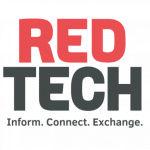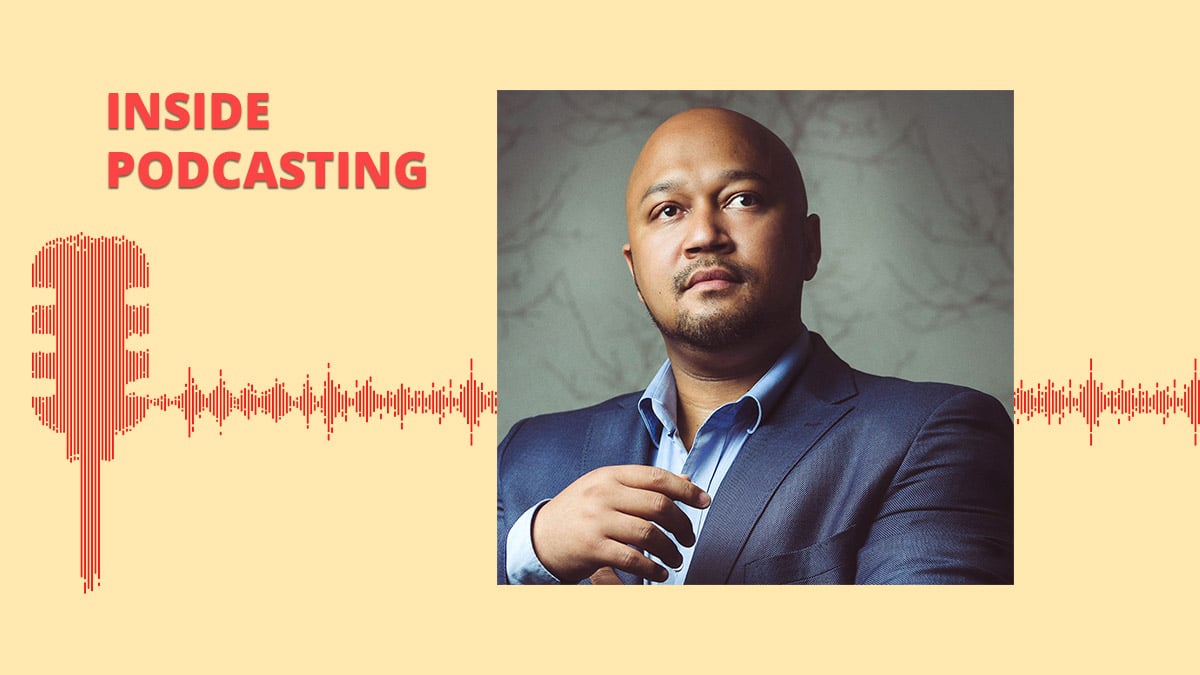Broadcasting vs. Podcasting
As podcasting popularity continues to grow, so does the need for traditional broadcasters and brands to understand the dynamics of this booming audio phenomena. What are the differences between linear/FM stations and podcasters? What are the similarities? How can both find a common ground to work together?
With this series, published over six bimonthly print issues, we hear from podcasters in places like Kenya, South Africa, Canada, and also the United States, the United Kingdom and Europe about their journey. They shed light on what brought them to this medium, the mistakes they’ve made, lessons learned, how they sustain themselves and the tips they have for new, budding podcasters — whether individual content creators or station-backed productions. The series also looks at what it takes to get started, investment required, how to scale the podcasts and monetize them effectively, and more.
This month we hear from Eusebius McKaiser of Johannesburg on how he expanded into podcasting after many years as a radio talk show host.
If you have any suggestions or questions regarding this series or others, please send us an email at team@redtech.pro and we’ll publish your input along with a relevant response.
JOHANNESBURG, South Africa — The single most important motivation for starting In “The Ring With Eusebius McKaiser” is the complete creative and commercial freedom that podcasting allows for. It’s a very efficient mechanism for creating and distributing content to local and global audiences.
The editorial gatekeeping of traditional media is also undercut by podcasting. I am my own executive editor, commercial head and podcast host, without bosses hovering above my microphone. This means, crucially, that my approach to podcasting — from thinking about sound, style, technique and tonality to the selection of content themes and generating that content — does not have to conform to the values and identity of an entity that employs me.
My podcast is completely integrated with my personal brand. My values, my identity and my vision are unapologetically expressed in the name, logo, jingle and the selection and treatment of content, and that is a degree of freedom that even as a well-respected radio talk show host, I did not enjoy to the same extent.
Creative Autonomy
I was, to be sure, hired to be my authentic self on the traditional talk radio and current affairs television shows and stations I worked on, but of course, silently, the broadcaster, even with a recognizable personal flair and style, is aware of company positioning, and so you position your authentic self within the company’s brand. With podcasting, that kind of tiresome double consciousness is not necessary. You can simply be your truest self.
I am my own executive editor, commercial head and podcast host, without bosses hovering above my microphone.
The main similarity between broadcasting and podcasting is that content must be compelling. The treatment and the medium affect how you deliver content, but the ultimate determinant of discursive and commercial success is whether you generate content that makes for compulsory listening.
Since I’ve been on a live radio platform, the main difference now is that I have more time for pre-production processes as well as editing opportunities before publishing content. This makes podcasting safer and more conducive to well-curated content. The downside, of course, is that live radio, with the possibility of real-time gremlins, has an immediacy and authenticity that edited podcast material does not have.
But greater artistic freedom is deceptively attractive. It comes at a cost. Two challenges I have immediately encountered are human resource challenges, as well as finding the most voluminous and best pathways to audiences. Podcasting seems cheap, and in a sense, it is. However, content is — still — king, and you need a team (even a small team) to shoot the breeze with on how to conceptualize a podcast series, how to frame particular episodes within each season, to share the burden of research and preparation and divvy up other parts of the creative labor.
If you do all of this yourself, it can be draining, on multiple levels. On the other hand, even a small team — barring unique setups such as coproducing with a friend — requires a cost structure and financing.
I have so far employed one technical producer who I am also training to become a content producer. The podcast has, fortunately but also unfortunately, quickly become one of the most listened to in the region, and so the pressure to be consistently compelling is immediate.
Equipment
Recording: Rødecaster Pro and Zoom
Production: Adobe Audition
Mic: Røde Procaster
Mic Stand: Tecnix table-top edition
Podcast Host: Buzzsprout
Distribution: Apple Podcasts, Spotify, Google Podcasts, Overcast, Podcast Addict, Castro, Castbox, Podchaser, Deezer, Podfriend and RSS Feed.
Compelling Content
In the near future, I would like to hire another team member which means that I must, relatively quickly, find a sponsor or create revenue streams in a number of ways that are feasible, such as via advertising on the podcast. Of course, while this is possible, it will require further time investment, which is the kind of sacrifice one doesn’t think about when lured by the appeal of creative autonomy and freedom. I would advise anyone who is thinking about podcasting to pre-emptively think about these challenges and to not solely worry about content being compelling.
Initially I thought that “compelling content would sell itself!” That is not true. If you want podcast success, you need to adopt an entrepreneurial mindset when podcasting. Otherwise, you will either produce a poor product or a good product that never gains traction.
Which brings me to the second challenge, that of finding the best pathways to audience. Podcast platforms do offer some services in this regard and many online workshops help you learn how to build audiences. I would advise all newcomers to grab these opportunities to learn marketing.
That said, most of the blog entries and online podcast workshops tend to be tailored (and understandably so) for complete broadcast novices. If, like me, you have a full broadcast or media career already, you need to leverage your existing audiences on other platforms, such as social media, and drive them to your podcast. It is good to also use “superfans” to be your ambassadors by unashamedly reaching out to them to punt your podcast online.
The advantages of podcasting by far outweigh the initial headaches of learning how to best create and distribute your podcasts. So … happy podcasting!
Eusebius McKaiser is a broadcaster, podcaster, author, public speaker and political analyst based in Johannesburg, South Africa.

